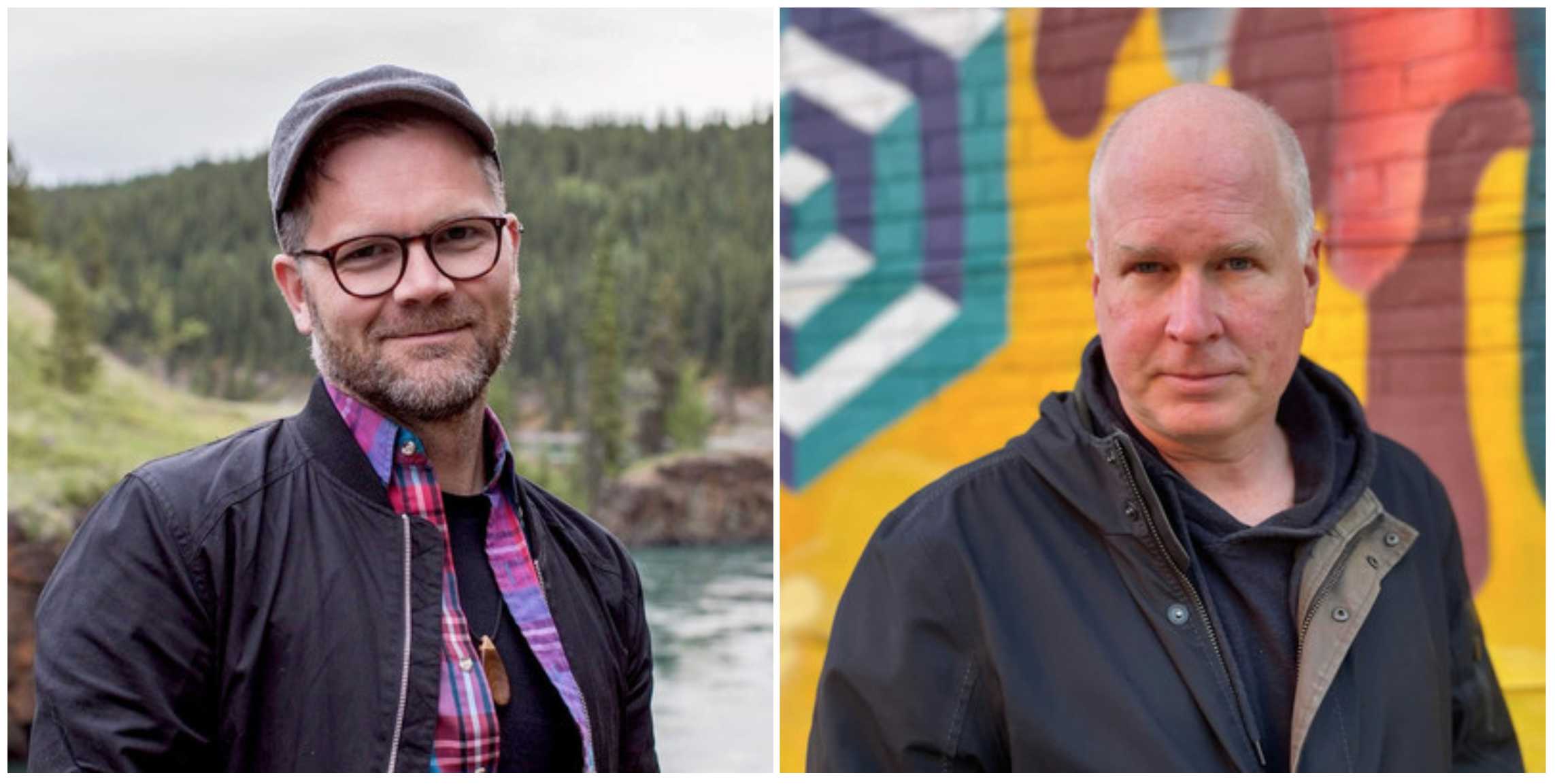Beyond the headlines of a day’s news cycle lies an often untold story about the unique challenges of reporting on traumatic events and the people touched by them, as well as the emotional and physical toll this work takes on journalists.
That’s why Monday’s launch of Taking Care: A survey on mental health, well-being and trauma in Canadian journalism is so significant. It seeks to shine a light on these stories and experiences.
The first-of-its-kind research project is led by Matthew Pearson, an assistant professor in Carleton’s journalism program, and Dave Seglins, a veteran journalist and trainer with CBC News, in partnership with the Canadian Journalism Forum on Violence and Trauma.
The survey is seeking anonymous input from thousands of staff, freelance journalists and others involved in news and editorial work from coast to coast to coast. It will collect responses until Dec. 14.
“It is natural to be affected by the work we do. And there are times when the work we do can be very overwhelming and have a tremendous effect on our mental health and well-being,” says Pearson, who joined the faculty at Carleton’s School of Journalism and Communication last year.
“A lot of people have come into this industry feeling that to be personally affected by the stories you report was somehow wrong — not being neutral or objective. As conversations about objectivity are changing, so too is the conversation about how the work we do impacts us. We are all human.”
In addition to teaching undergraduate and graduate reporting courses, Pearson also focuses on researching and leading workshops on trauma-informed journalism.
There is growing awareness that journalism is a high-risk, frontline industry that involves difficult work and tight deadlines. While exciting and rewarding, it routinely involves exposure to all kinds of stresses and traumatic events, from coverage of disasters and tragedy to the reckonings underway involving racism and the legacy of residential schools for Indigenous communities, not to mention the stresses of work under COVID-19.
There have been previous studies conducted in Scandinavia, Korea, Japan, the United Kingdom and the U.S., but there’s never been a study conducted in Canada at this scale on journalists’ mental health and the effects of the work they do.
“It’s a great opportunity to fill in some blanks, ask some questions, and get anonymous input from thousands of journalists so that we can begin to have a better-informed conversation to make things better in our industry,” said Seglins, who has worked as a journalist for 25 years.
Allan Thompson, the head of Carleton’s journalism program, said the research by Pearson and Seglins will fill a very important gap in the field.
“We’re barely one generation away from a time when journalists were literally told to suck it up when they began to feel the strain caused by their work,” Thompson said. “This important research is part of a turning point in the journalism industry and represents a critical opportunity to hear from journalists themselves.”
The survey design was guided by Dr. Anthony Feinstein of the University of Toronto, a world-leader in research into effects of trauma on journalists in conflict situations and a mental health advisor to several leading international media organizations. The Taking Care Survey is supported by a grant from the Social Sciences and Humanities Research Council of Canada and was approved by the research ethics board at Carleton University.
The research is also formally endorsed by numerous industry groups, including the Canadian Association of Journalists and the Fédération professionelle des journalistes du Québec.
Reports based on the anonymous data will be published in 2022 to paint a picture of the current state of mental health and well-being of media workers in Canada, and to identify gaps in support available to Canadian media workers.
The Taking Care Survey is available in both French and English at the website of the Canadian Journalism Forum on Violence and Trauma. The Forum is a federal charity promoting the physical safety and mental well-being of journalists in Canada and abroad.
This article was originally published on the website of Carleton University’s School of Journalism and Communication
Editor’s note: On Nov. 22, the Canadian Journalism Forum on Violence and Trauma announced the survey deadline has been extended from Nov. 30 until Dec. 14 due to the flooding emergency in British Columbia.

